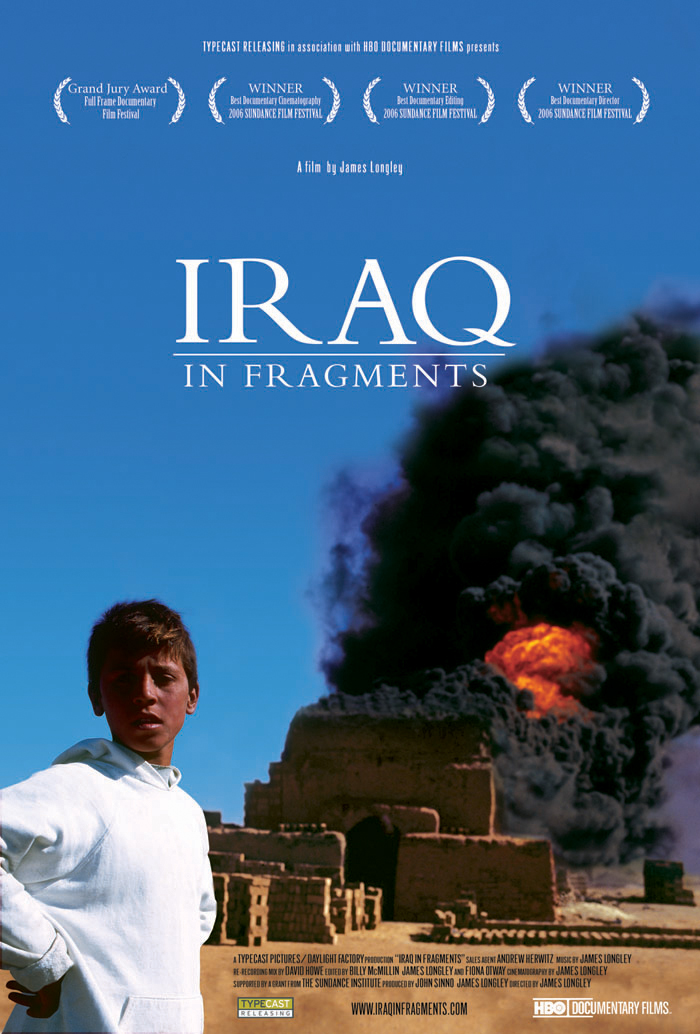[kml_flashembed movie="http://www.youtube.com/v/Z39tD1wK6wA" width="425" height="350" wmode="transparent" /]
However, on the whole, the film fails to illuminate for the audience what is happening in occupied Iraq.
Longley has missed the forest for the trees.
The first segment (of three) shows a young boy named Mohammed who is far behind in school and who works as a mechanic.
His is a very touching story and is almost Dickensian. But, as much as the viewer begins to care about Mohammed, he could be a boy anywhere on Earth.

The US troops form a backdrop for all three stories but they barely have any screen time. A film that should have tried to explore not only the nation's three main factions (Sunni, Shia and Kurd) but also the de facto faction of the United States has marginalized the latter.
The closest Mohammed's story come to being political is when his boss and other adults talk about the occupation over coffee.
Part two of the film deals with the Shiite south of Iraq, where many believers in Moqtada Sadr push for regional elections and to impose their style of Islamic law.
The effect of seeing alcohol vendors being abducted and punished brings home the idea of what Sadr's Mehdy Army militia want to make of Iraq.
The third part is all about Kurds and their decades-long dream of an independent Kurdistan in the country's north.
Again Longley aims for the personal side of the story as he follows another young man whose father wants him to become a religious person but who wants to be a doctor someday.
And again we hear people discuss the occupation, the lives they led before and after Saddam Hussein and what they believe is in store for them.
While at times touching and poignant, "Iraq in Fragments" is at best an ancillary film to true documentaries (or even nightly news stories) about the nation and what it faces in the future.
Without commentary, this film fails to bring the three slices of Iraqi life together as a whole.
Perhaps that's what Longley was looking for all along.